In the process of rearranging commune and ward administrative units to streamline the apparatus and improve management efficiency, many localities have chosen the solution of renaming the units after the merger by adding serial numbers (such as Ward 1, Ward 2, Ward 3, etc.). However, this approach is also revealing some shortcomings. Is it necessary to "digitize" the names of administrative units after the merger?
Why do you have to name it 1, 2, 3…
It is undeniable that the numbering in the new names of wards and communes after the merger, which many localities have planned and consulted with the people, brings simplicity and ease of management for administrative agencies. However, the name is not simply a symbol for distinction, but also contains the cultural and historical depth of the community.
When a place name with a strong historical, traditional or local customary mark is replaced by emotionless numbers, it is not only a loss of name, but also a break in the connection of memory, emotion and pride of the people.
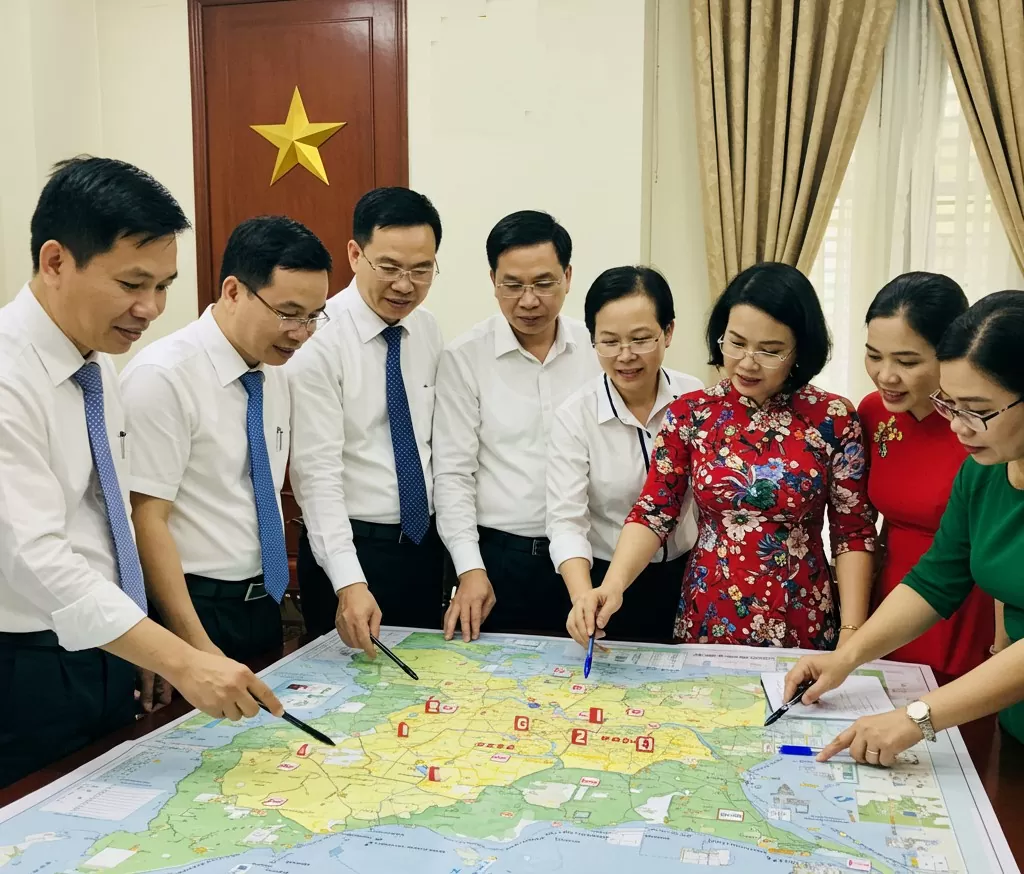 |
| The new name after the merger does not necessarily have to be numbered. |
In reality, numbering often creates a sense of alienation and lack of attachment for the people. Names like “Ward 1”, “Ward 2”… easily make people think of mechanical, impersonal administrative units, no different from squares on an administrative map. Meanwhile, names associated with famous places evoke community memories, creating a unique identity for each land.
During the process of developing the project, as well as collecting public opinions on the commune merger project, many localities have understood this and chosen not to “digitize” the names. Instead, they have created new names based on historical sites, cultural elements or traditional characteristics in the locality. The valuable thing is that this trend started from listening to the opinions of the people - the subjects who are closely attached to their homeland.
For example, in Thanh Hoa City (Thanh Hoa Province), this locality has a plan to arrange the current 47 wards and communes and 2 communes of Thieu Giao and Tan Chau in Thieu Hoa District into 7 wards; the expected names of the 7 new wards are: Hac Thanh 1, Hac Thanh 2, Hac Thanh 3, Hac Thanh 4, Dong Son 1, Dong Son 2 and Dong Son 3.
However, after that, the Standing Committee of Thanh Hoa City Party Committee carefully and cautiously studied the traditional, historical and cultural factors of the locality as well as listened to the opinions of voters and people and decided to name 7 new wards: Hac Thanh, Quang Phu, Dong Son, Dong Quang, Dong Tien, Ham Rong, Nguyet Vien. This change was highly agreed and supported by many voters, people and cultural researchers, especially the names Dong Son, Hac Thanh, Ham Rong...
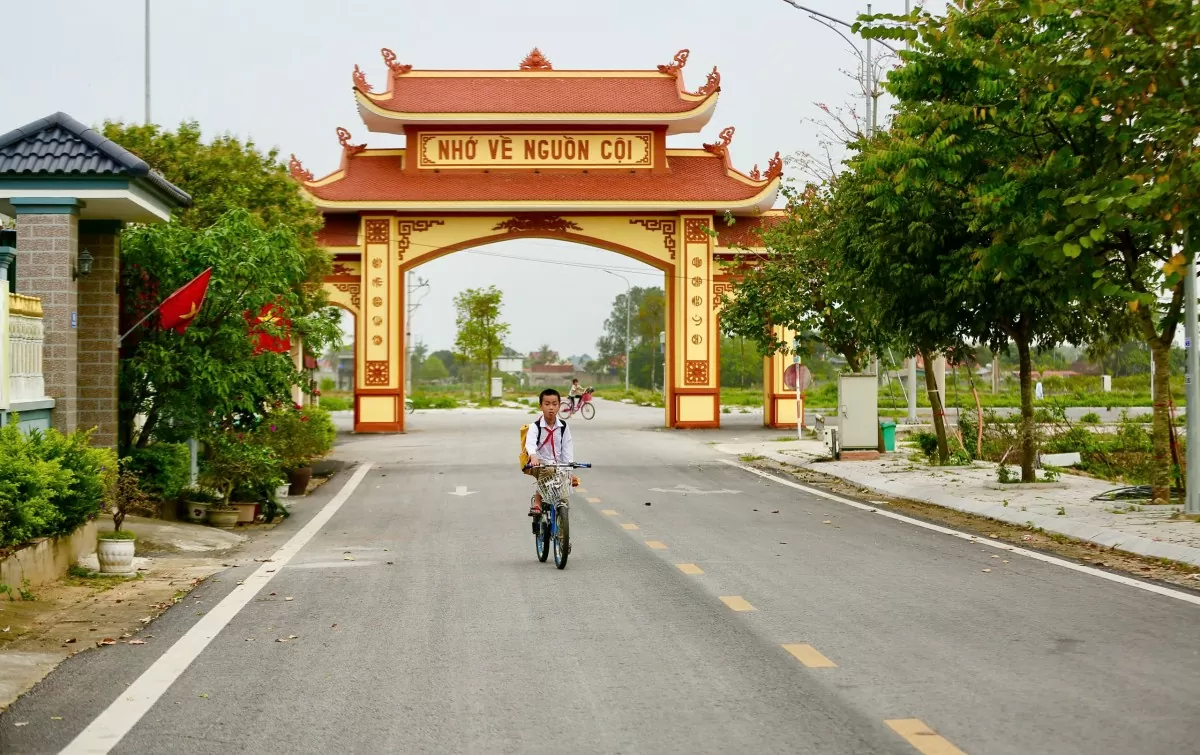 |
| Naming should prioritize historical and cultural factors. Photo: Ngo Nhung |
In Quang Nam, the locality has also reviewed historical and cultural sites and proposed new, suitable names, replacing the previous "numbering" scheme. New names associated with historical and cultural relics representing each region have been proposed, such as: Go Noi (Dien Ban town); Chu Lai (Nui Thanh district); Huong Tra, Ban Thach (Tam Ky city); Thanh Chau, Thanh Ha (Hoi An city); Thuong Duc (Dai Loc district); Viet An (Hiep Duc district); A Vuong, Ben Hien (Dong Giang district)... In addition, familiar names such as My Son, Vu Gia, Thu Bon, Ben Gieng, Cho Duoc, Binh Duong... have also been given to new communes.
Another locality is Hai Phong, after receiving public opinion, many localities in Hai Phong City have changed the naming scheme of commune-level administrative units after the rearrangement, switching to choosing names with strong cultural and historical imprints instead of the dry numerical naming method as before.
In Vinh Bao district, the new commune-level administrative units will have names closely associated with local history and culture such as: Vinh Am, Vinh Hai, Nguyen Binh Khiem, Vinh Bao, Vinh Hoa, Vinh Thinh, Vinh Thuan. In particular, the choice of the name Nguyen Binh Khiem - a Vietnamese cultural celebrity, shows respect for the traditional values that the locality has fostered.
Need to actively consult public opinion
Renaming new communes and wards after merger should not be limited to an administrative perspective, but rather an opportunity to revive cultural identity, reposition the local image and strengthen community cohesion. Identity sometimes cannot be encoded by serial numbers, dry and mechanical.
The people are the ones who live directly, are attached to and entrust their memories and feelings to each place name, each road, each street corner. Therefore, the naming of new names needs to take into account their voices and wishes.
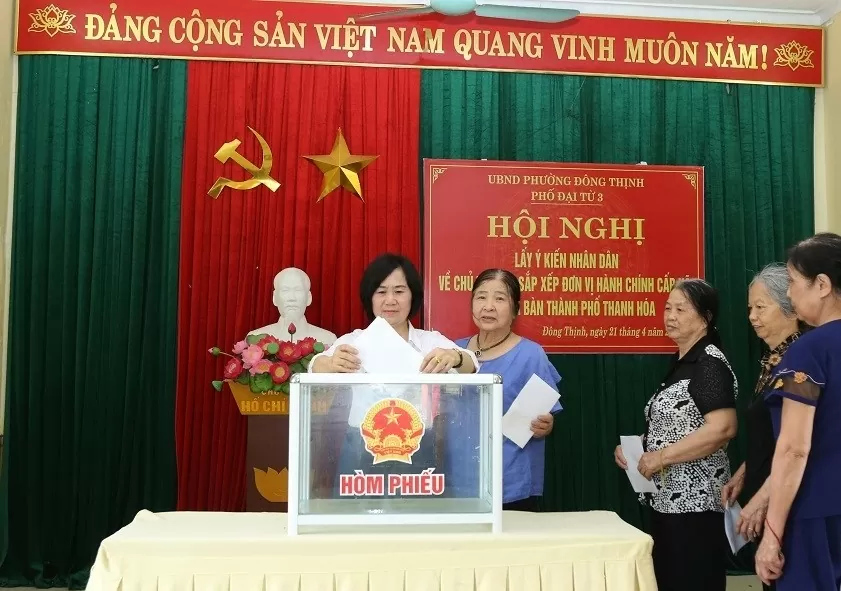 |
| Collecting opinions from Thanh Hoa City residents on the commune merger project. Photo: Phong Sac |
Reality has proven that where consultation is conducted in a public, democratic and substantive manner, there is high public consensus and the transition process goes more smoothly.
The success of the current lean revolution is not only measured by the numbers of the lean apparatus, but also by the level of consensus, trust and attachment of the people to their homeland - which starts from seemingly small things like "getting people's opinions".
| The “digitalization” of commune and ward names after the merger, although aimed at simplification and ease of management, can easily lead to a lack of connection between the community and its land. Therefore, the selection of new commune and ward names should be based on historical and cultural factors typical of the locality. |
Source: https://congthuong.vn/thanh-hoa-lang-nghe-long-dan-tu-viec-so-hoa-ten-phuong-xa-sau-sap-nhap-384542.html


![[Photo] Prime Minister Pham Minh Chinh chairs a special Government meeting on the arrangement of administrative units at all levels.](https://vphoto.vietnam.vn/thumb/1200x675/vietnam/resource/IMAGE/2025/5/9/6a22e6a997424870abfb39817bb9bb6c)


![[Photo] Magical moment of double five-colored clouds on Ba Den mountain on the day of the Buddha's relic procession](https://vphoto.vietnam.vn/thumb/1200x675/vietnam/resource/IMAGE/2025/5/9/7a710556965c413397f9e38ac9708d2f)
![[Photo] General Secretary To Lam and international leaders attend the parade celebrating the 80th anniversary of the victory over fascism in Russia](https://vphoto.vietnam.vn/thumb/1200x675/vietnam/resource/IMAGE/2025/5/9/4ec77ed7629a45c79d6e8aa952f20dd3)
![[Photo] Russian military power on display at parade celebrating 80 years of victory over fascism](https://vphoto.vietnam.vn/thumb/1200x675/vietnam/resource/IMAGE/2025/5/9/ce054c3a71b74b1da3be310973aebcfd)


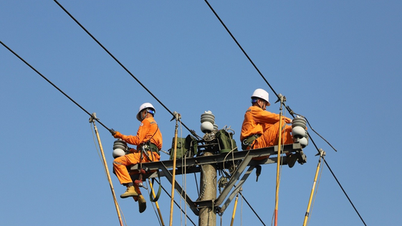
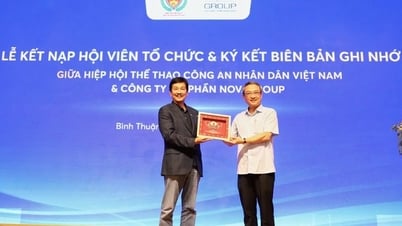
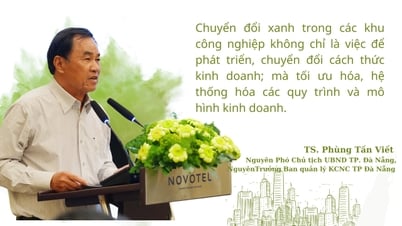





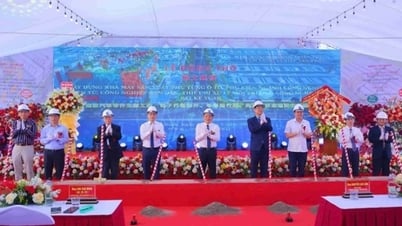

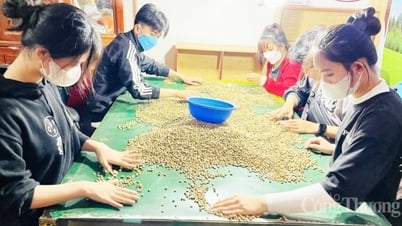
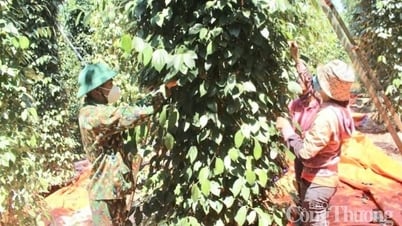






































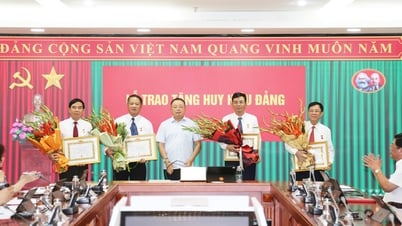





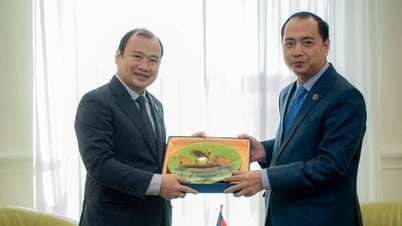

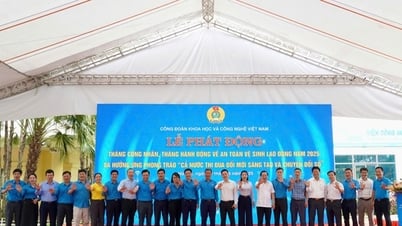





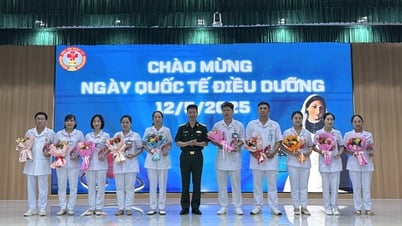



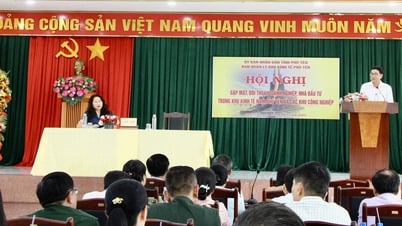














Comment (0)